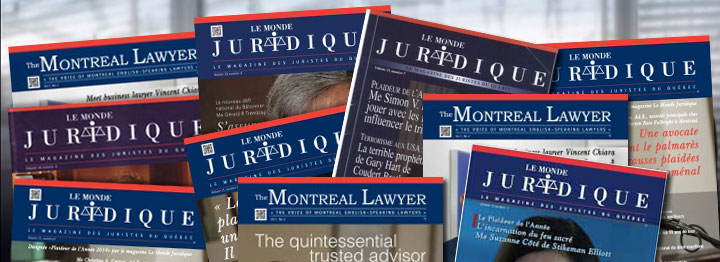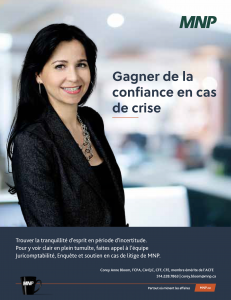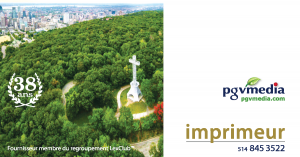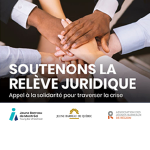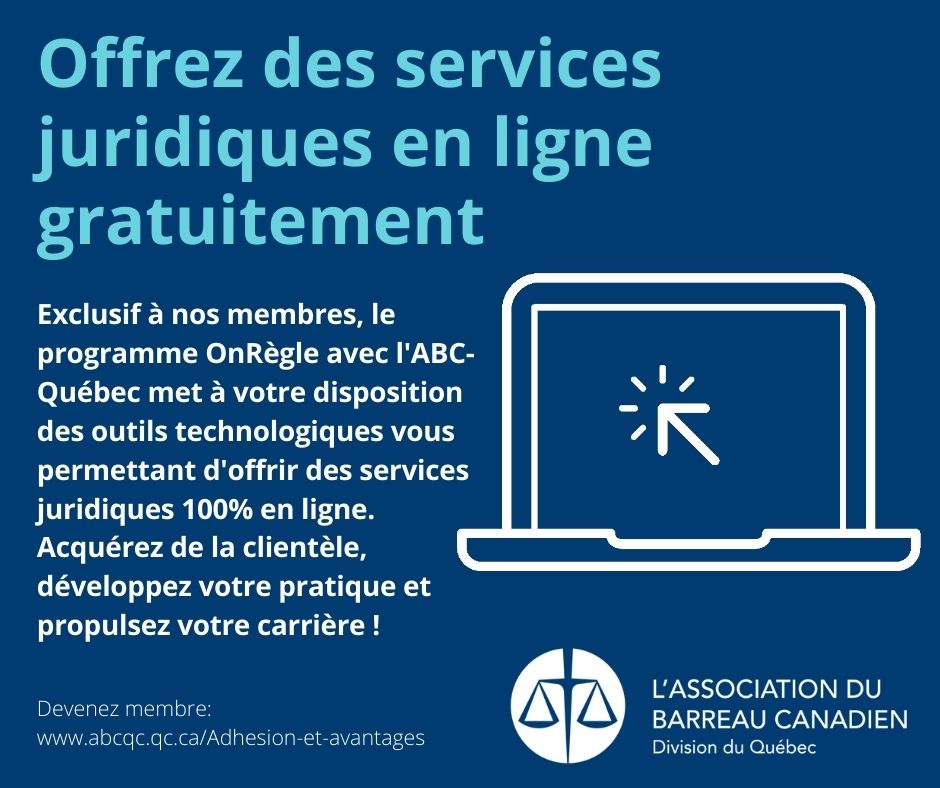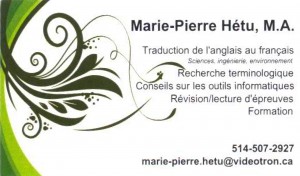L’ex-juge en chef Beverley McLachlin de la Cour suprême du Canada
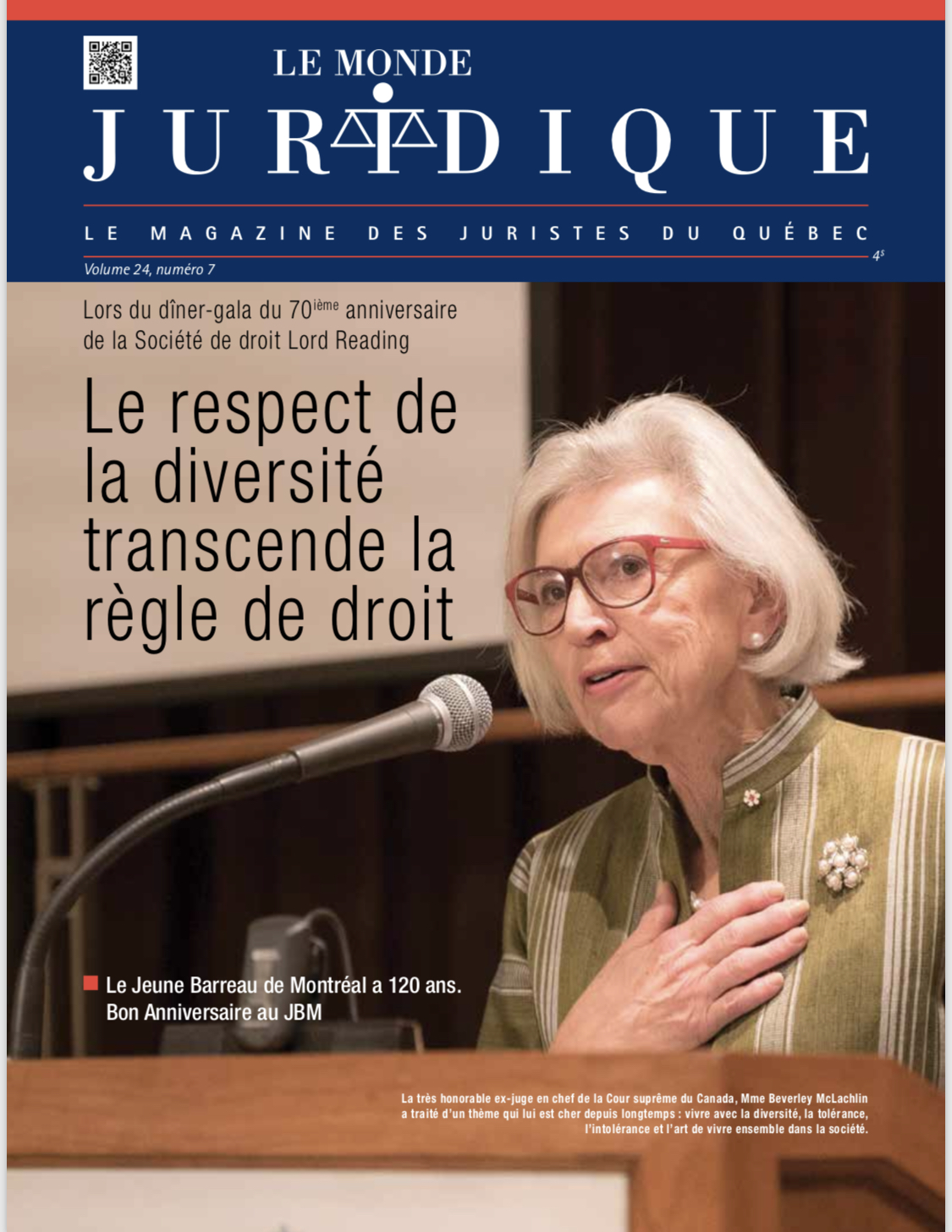
Présenté lors du dîner-gala du 70ième anniversaire de la Société de droit Lord Reading
Le respect de la diversité transcende la règle de droit
Par la très honorable Beverley McLachlin ex-juge en chef de la Cour suprême du Canada
Je suis énormément honorée d’être nommée comme membre honoraire de la Lord Reading Law Society. It is a great honour and pleasure to be recognized as someone worthy of membership in the Lord Reading Law Society, as a person you deem worthy of the deep and important values for which the Lord Reading Law Society stands for.
It is those values, and the importance of maintaining them, that I would like to signal tonight in my brief remarks to you – in particular the value of respect for diversity.
Diversity is our reality. The people of Canada comprise people of different religions, races and genders, living together. Debates about what religion symbols may be worn in public or what ethnic groups should be allowed to immigrate to Canada cannot change that reality. As former Chief Justice Antonio Lamer wrote of the reconciliation project between Indigenous and non-Indigenous Canadians, “Let’s face it, we are all here to stay.” We have two options. The first is to reject the reality of diversity and adopt policies of exclusion. The second is to accept the reality of diversity and work together in a spirit of respect, to create space for all. The Lord Reading Law Society, from its inception, has stood firmly for the second option.
Cette année, la Société de droit Lord Reading marque son soixante-dixième anniversaire. This year, the Lord Reading Law Society celebrates its 70th Anniversary. This particular anniversary is significant for a number of reasons – not least because it reminds us of the Society’s beginnings.
Revenons soixante-dix ans en arrière. Le Canada et le monde, venaient de marquer la fin de deuxième guerre mondiale – 1948. The second World War was finally, after a horrendous struggle, shuddered to its conclusion. The world was still reeling in collective shock at the discovery of the horrors of the Holocaust and the atrocities that one group of human beings had succeeded in inflicting on another group of human beings. Many millions of lives had been lost in battle. And many millions had been lost in gratuitous killings – murders based on race, religion, and deemed mental and physical deficiencies. The questions were on everyone’s tongue – how could this happen? Why did this happen? How can we be sure it never happens again?
The world, as it entered the final years of the fourth decade of the twentieth century, said “Never Again,” and determined to eradicate discrimination and build a new world in which rights would be respected and disputes resolved peacefully. The method chosen was the law. Across Canada, beginning with Saskatchewan in 1947, province after province enacted human rights codes, prohibiting discrimination on the basis of personal characteristics. A Canadian, John Humphries, helped draft the United Nations Declaration of Human Rights, and the nations of the world signed on. International Conventions were adopted to rebuild nations and improve health and living standards throughout the world. The International Court of Justice was established to resolve boundary disputes between nations, so often the cause of wars in the past. And international law brought into being a new network of trading relationships.
Malgré tous ces efforts, la discrimination n’était pas éradiquée d’un seul coup. Ce n’était pas si facile que ça. The laws set out rights in elegant form and hopeful tone, but discrimination proved stubbornly resistant to their efforts. Voilà l’incident qui a donné naissaince à la Société de droit Lord Reading.
Le Barreau du Québec a l’époque proposait de tenir sa réunion a Mont Tremblant. L’hôtel qu’il a choisi avait unecertaine politique – Jews were not permitted to enter the hotelwhere the Bar Convention was to be held. This prevented Jewish lawyers – comprising almost one-quarter of the membership of the bar – from attending the meeting of their own law society. They asked for a change of venue, but to no avail. In the end, they found themselves excluded, unable to participate in the deliberations of the society that governed their profession. When we think about the horrors of the Holocaust that had only recently been revealed to the world, when we realize that lawyers everywhere were busily drafting human rights codes at this very time, this act of discrimination seems incomprehensible.
Mais, le mal peut parfois devenir le générateur du bien.Good can sometimes come from bad. Les avocats juifs ont décidé d’agir. Et le résultat était la naissance du Lord Reading Law Society. il y a soixante-dix ans. Out of discrimination, was born the Lord Reading Law Society, devoted to promoting the interests of Jewish lawyers in the profession and human rights in general.
The renowned British jurist, Lord Bingham, after retiring as President of the Supreme Court of the United Kingdom in 2010, published his foundational work, the Rule of Law. In his tome, he eloquently and succinctly articulated the deep conception of the rule of law created by the jurisprudence of western courts in the decades following World War II. He listed many requirements for the rule of law, but for our purposes tonight, I summarize them by saying that the rule of law requires three things: first, governance by laws, not men; second, laws made by a democratically elected representative legislature; and third, an irreversible minimum protection of fundamental human rights norms by an independent, impartial judiciary.
In 1982, Canada confirmed its commitment to these tenets – and in particular constitutional protection for fundamental human rights and equality – by adopting the Charter of Rights and Freedoms. With the adoption of the Charter, the guarantee of the fundamental rights of all Canadians became irreversible.
I had the great good fortune to be appointed as a judge in 1981 and to serve until the end of 2017. My judicial career thus has tracked the entire arc of the Charter. Je me conptetellement heureuse d’avoir eu le privilège de travailler avec ce document remarqable pendant tout le chemin de ma carrière judiciaire. Et je suis fière de ce que ce pays a accompli pour créer des droits humains et la justice ici et ailleurs dans le monde. I was proud to serve in an era when Canada, not especially known for its protection of rights in the past, developed a deep rights jurisprudence, which has beenrecognized and admired throughout the world.
But we live in changing times. A new wind is sweeping the world, a wind that is cold and harsh and cares less about rights than swift solutions and certain ends. In eastern Europe – Hungary, Poland, Russia and the Ukraine, we see nations ….resiling…. from commitments to an independent judiciary and the rule of law made in a moment of democratic euphoria after the fall of the Berlin Wall. In Turkey, judges languish in prison without having been judged by a fair and independent judicial complaints process, such as we expect in Canada. In Venezuela, the Supreme Court has been routed and replaced by judges more conciliatory to the President. And in the United States, we watch a President undermining respect for the judiciary by calling judges who rule against his orders “so called judges”, and see unfold before our eyes a process for choosing Supreme Court Justices that politicizes the Court and lessens its credibility as an independent body determined to uphold fundamental rights and protect unpopular minorities. We live, some fear, in a time of unravelling, when faith in the irreversible protection of fundamental rights is once again in jeopardy. I believe they are wrong – that an independent justice system and human rights will prevail. The alternative – loss of rights, arbitrary law and oppression – is neither what the world wants or needs.
Canada still stands firmly for the protection of rights by an independent and impartial judiciary. But we should not take this for granted. Maintaining rights is an ongoing process; le travail n’est jamais fait; la tâche jamais accomplie. I had hoped, when I stood here tonight on this special occasion, to say that after seventy years, the work of the Lord Reading Law Society is done. But sadly, I cannot. Despite the great progress we have made in securing human rights over the last seven decades, there are still those who seek to deprive religious minorities of their rights, still those who fail to see the evil in discrimination.
So I simply say, “Thank you for the work you have done in the furtherance of human rights; and may it continue it in the future”.
Merci de m’avoir honorée et d’avoir reçu mon mari et moi si gentiment. Et merci, surtout, pour tout ce que vous avez fait à travers des années pour promouvoir les droits humains et la cause de justice pour tous.


